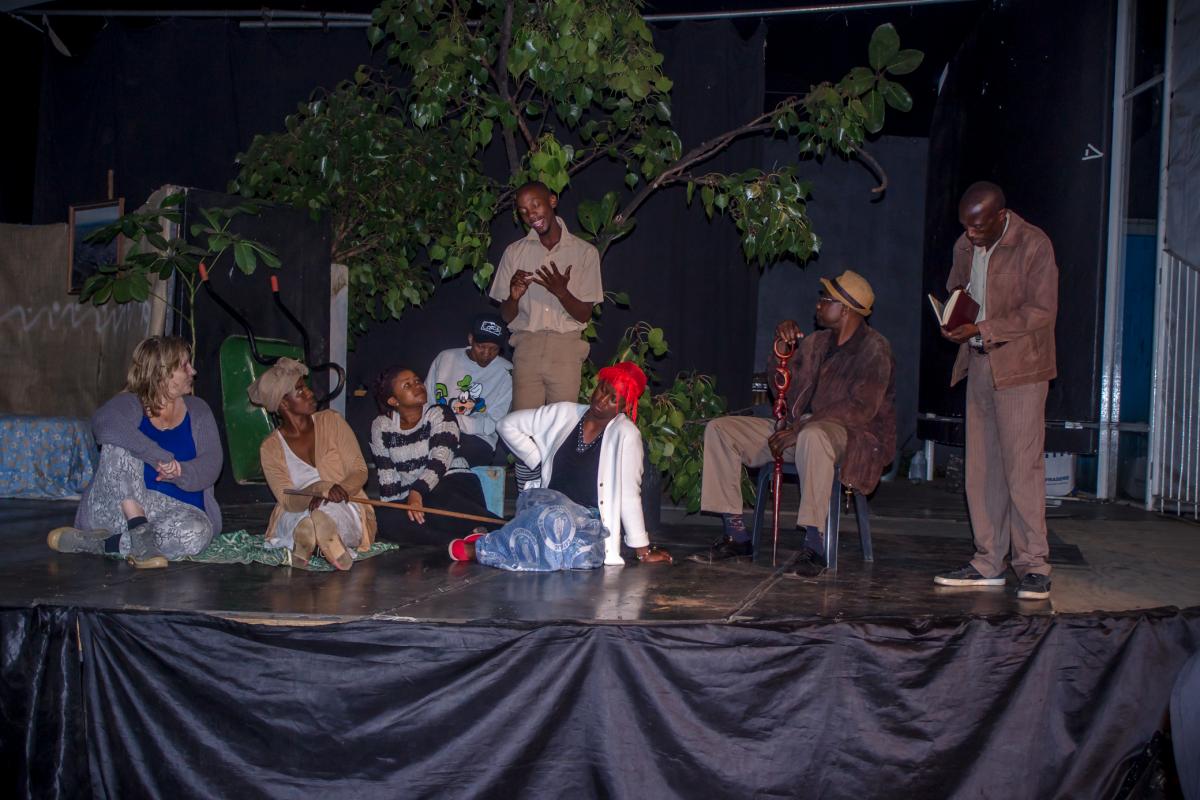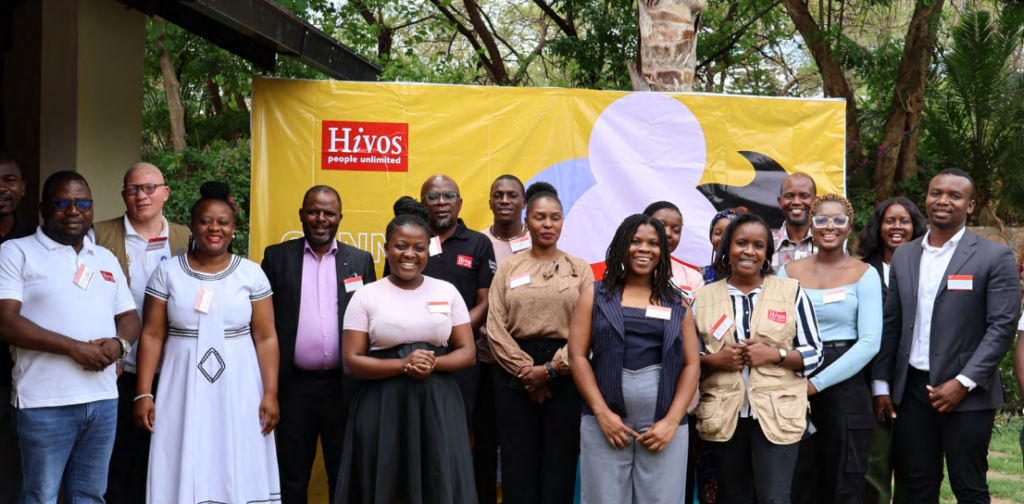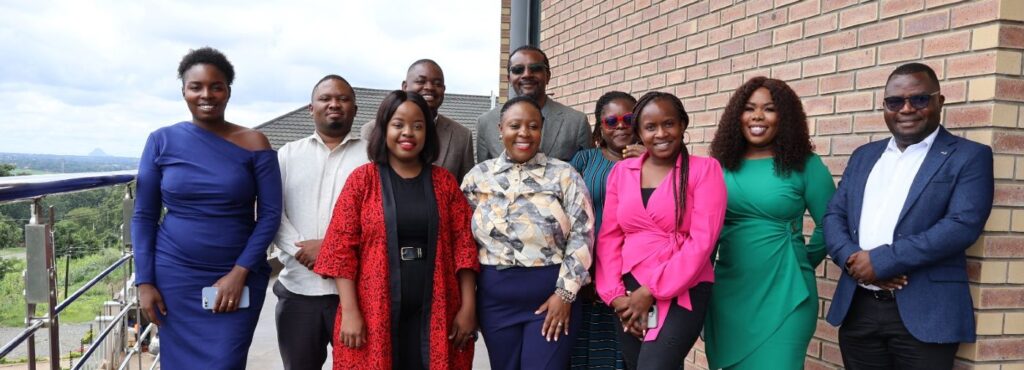For the first time ever, a play about energy-related issues was put on in Zimbabwe at Harare’s Theatre in the Park, where some 100 spectators gathered to watch “Look No Further.”
The play tells the story of an old woman who is reluctant to embrace new technology because it is against her tradition and culture. This is despite the fact that her grandson – who is in favour of solar technology – is forced to read using a kerosene lamp. In the play’s opening scene, the old woman accuses her grandson of wasting kerosene because of his reading habits.
The old woman is juxtaposed against her friend, who has adopted solar energy and is full of praise for the technology. However, the old woman undergoes a transformation after an enterprising renewable energy company representative conducts an awareness tour in her village and she is selected by the chief to have solar installed at her homestead for demonstration purposes.
A rural area is the principal location of the play. Approximately 70 per cent of rural households in Zimbabwe suffer from energy poverty.
“Look No Further” thoughtfully touches on key mental barriers that can inhibit uptake of renewable energy while highlighting the importance of utilising community-based ambassadors to increase understanding and uptake of renewable energy.
The play shows that theatre can be used as a tool for communicating information and spurring debate and discussion on how to harness nature’s highest source of power: the sun. The play also dealt with issues related to affordability and sustainability of using solar energy in rural areas.
After the performance was over, members of the audience commented on the play’s subject matter in a Q&A session with the cast and the Hivos Southern Africa’s renewable energy project manager, Reginald Mapfumo.
Mapfumo said that the language of renewable energy is generally too technical, focusing on scientific and engineering aspects at the expense of the socio-cultural issues that are key for ordinary people’s understanding of the benefits renewable energy technologies can bring.
“One thing I liked about the play is that it touched on the basics. The play tried to demystify issues around solar energy. It made the subject so easily accessible to the general audience,” said Shepherd Zvigadza, director of Zimbabwe Regional Environmental Organisation (ZERO).
Another member of the audience said that she had learned a lot about the benefits of solar energy.
“I have learned quite a lot especially from how the old woman interrogated the relevance of solar energy. Her performance was absolutely riveting and has inspired me to investigate more into harnessing the power of the sun,” she said.
The Green and Inclusive Energy programme, which helped bring “Look No Further” to the public, is a five-year strategic partnership with the Dutch government, launched at the beginning of 2016 to help influence the uptake of renewable energy in Malawi and Zimbabwe.
The programme focuses on lobby and advocacy that will influence the public and political debate on energy, with the ultimate aim of transitioning toward greener and more inclusive energy systems.




